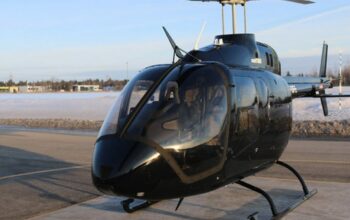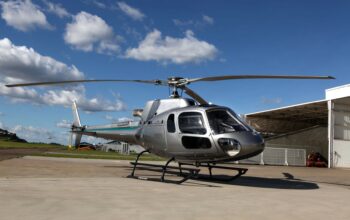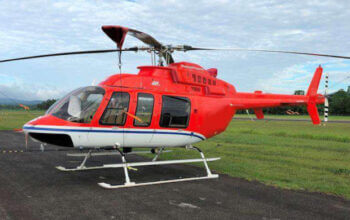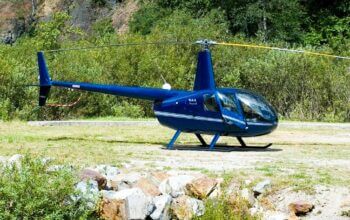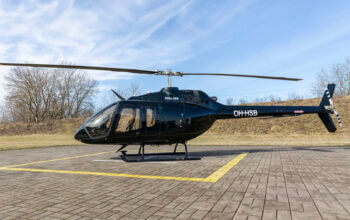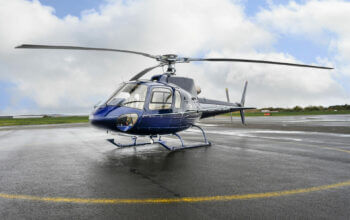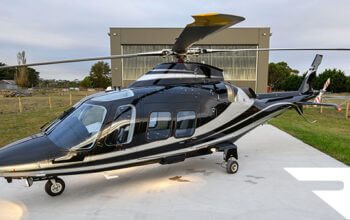Estimated reading time 3 minutes, 49 seconds.
The Air Canada Pilots Association (ACPA) and the Canadian Federal Pilots Association have released statements on the final Accident Investigation Report completed by Canada’s Transportation Safety Board (TSB) regarding flight AC624 on March 29, 2015, at Halifax’s Stanfield International Airport:
ACPA responds to TSB Investigation Report on flight AC624
The Air Canada Pilots Association (ACPA) represents the more than 3,500 pilots of Air Canada and Air Canada rouge. ACPA’s chair of the Master Elected Council, Capt Kevin Vaillant, and chief executive officer, Milt Isaacs, issued the following joint statement on behalf of the Association’s members:
“On behalf of our members, we thank the Transportation Safety Board for their important work on this report and in advancing safety for Canadians.
“The primary mission of every ACPA pilot–every single day–is the safety and security of passengers, crew members, aircraft and the public.
The TSB investigation identified that the pilots involved followed Air Canada’s Standard Operating Procedures (SOPs), including with respect to non-precision approaches.
Prior to the release of this Final Report, several safety measures and operational improvements have been implemented–including improved lighting and navigation systems at Halifax’s Stanfield International Airport, which ACPA supports.
Ground-based navigation systems in Canada
“ACPA strongly advocates for all major airports to have the necessary equipment to offer both lateral and vertical guidance and high intensity lighting to allow pilots to orient aircraft for landing.
“Many runways at Canada’s largest airports lack the ground-based navigation systems which provide vertical guidance–that is, the distance between the aircraft and the ground–to orient an aircraft for landing.
“While satellite-based navigation systems may be increasingly available, not all commercial passenger aircraft operating in Canada today have the capability to access these satellite-based navigation systems.
“Access to ground-based instrument landing systems (ILS) technology–which typically includes a required level of lighting systems–would reduce the risk of approach and landing incidents, especially in conditions of low visibility and during night operations at airports with limited approach and runway lighting systems.
“The Air Canada Pilots Association looks forward to working with other stakeholders, including Transport Canada, to improve safety at Canada’s airports.
“The Air Canada Pilots Association is the professional pilot group that represents more than 3,500 pilots who fly millions of passengers across Canada and around the world on Air Canada and Air Canada rouge.
“ACPA is a leader in advocating for safety and security for our members in the aviation community, monitoring developments around the world and pursuing improvements and enhancements wherever appropriate or necessary.”
Canadian Federal Pilots Association releases statement in response to TSB report
“According to the TSB report, the main cause of the accident relates to a discrepancy between two key documents that provided instruction to the pilots about how to conduct a proper descent and landing. Both documents had been reviewed and approved by Transport Canada.
“Although Air Canada had been subject to four SMS-type inspections on its flight operations department in the two years previous to the crash, these Transport Canada activities failed to pick up this critical shortcoming.
“I fail to see how this discrepancy slipped through the cracks without notice by either the regulator or the airline. For passengers, this is a cautionary tale,” said Capt Greg McConnell, National Chair of the Canadian Federal Pilots Association.
The Canadian Federal Pilots Association represents the licenced pilots who work at Transport Canada as aviation inspectors, as well as the pilots who work at the Transport Safety Board and Nav Canada.

